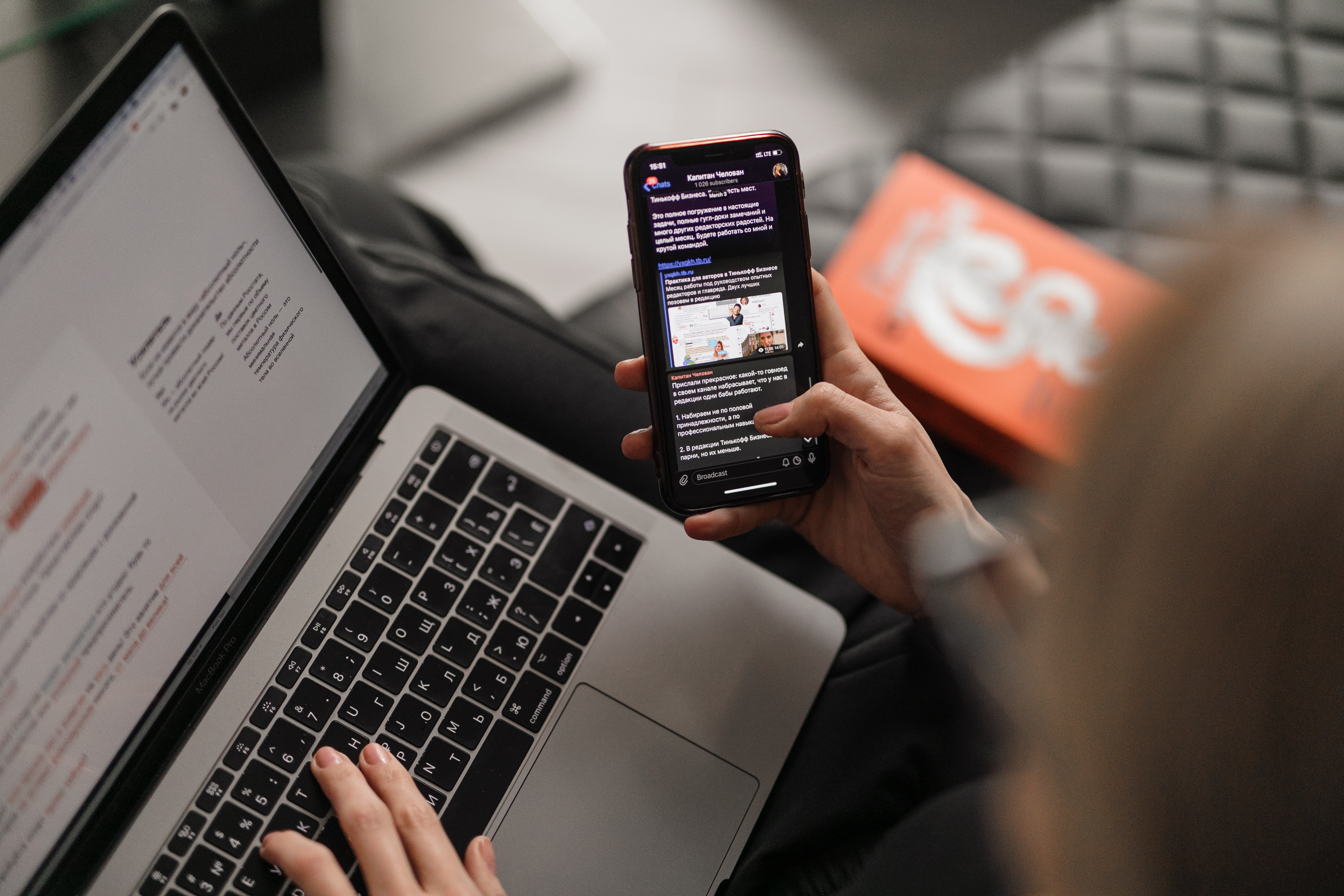
After a long day of being on social media, liking and retweeting posts, and sharing them with my friends, the realization that I was lonely hit me. This was surprising because I talk to people I care about via texts and calls, and I enjoyed having these conversations.
Why did I feel lonely?
My mind haunted me with more questions I found difficult to answer. One of them was “Can you deactivate your Twitter account just to see if you can do without it?” and as you must’ve guessed, the answer was a BIG NO.
It was just too much to ask of me. And as far as I knew, there was no link between my obsessive Twitter use and my loneliness. Until I figured there was, and it was more than that.
I put matters into my hands to figure the reason I was lonely despite being in touch with the people I care about. Maybe if I knew why, I’d be able to get myself out of my loneliness.
What I found from the research wasn’t only shocking, it was eye-opening.
My mind was right. I needed to deactivate my Twitter account. But it wasn’t just Twitter, it was my unhealthy phone use.
Although loneliness has no single or common cause as it is a complex and unique experience for each individual, the research I did made me realize my phone addiction caused my loneliness.
In a study conducted to analyze loneliness of university students according to mobile phone addiction, it was seen that students who use their phones for 10 hours or more, 7 to 9 hours, 4 to 6 hours, and 1 to 3 hours had a higher loneliness score than those who used their phone for less than 1 hour a day. The result showed that loneliness had a significant correlation with problematic smartphone use. This result is backed up by many studies that prove the link between smartphone addiction and loneliness.
Another study showed that the higher the phone addiction in an individual, the less social relations they have, which is associated with an increase in addiction: a deadly cycle.
Research says we spend more time staring at our phones than we spend maintaining eye contact. Maintaining eye contact is good for building the quality of the interaction we have with people.
Smartphones reduce the quality of face-to-face interaction. We neglect those we’re with physically just to connect with those online. It’s become popular to hear people say they have stronger bonds with online friends they’ve not met than the friends they have in real life.
Loneliness happens when the quality of social relations we get as a social being isn’t enough for us.
That I wasn’t nurturing the relationships I had with the people physically around me diminished the quality of social relations I was getting for myself. I was depriving myself of the benefits of interpersonal closeness on my well-being.
That was when I decided that the fact that my smartphone was an integral part of my life didn’t mean I shouldn’t seek to control its effect on my emotional health.
I took these eight steps to control my smartphone indulgence.
- I turned off all my notifications
- I switched on my phone’s grayscale
- I kept my phone away from my bedroom
- I put my phone on Do Not Disturb
- I focused on building hobbies that didn’t involve me using my phone.
- I put my phone on silent
- I set a personal screen time limit of not over 1 hour a day.
- I deactivated my Twitter account.
I also consciously worked towards spending more time with the people I lived with when I wasn’t working. I watched whatever series they were watching and had simple conversations with them.
As dishonest as it may sound, I don’t miss being on my phone as much as I thought I would.
I sleep better. I feel less anxious. My overall mood has significantly improved. The burden of replying to messages which I didn’t realize was a heavy one no longer exists. I feel like a free person. I’m in control of when and how I use my phone.
And it feels good to be in control. So good.

